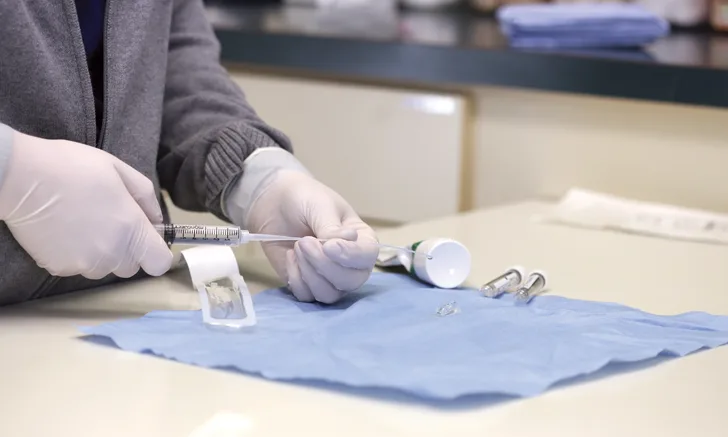Legal Considerations for Urethral Deobstruction in Cats
Lance M. Roasa, DVM, MS, JD, The Roasa Law Group, Omaha, Nebraska

Do You Know Who Can Deobstruct Cats in Your State?
State veterinary practice acts describe who can perform common procedures but rarely specify blocked male cats.1 You must read between the lines of your states laws to determine who may perform a deobstruction.
Most States Blur the Language
Most states follow language that seemingly allows a veterinarian to delegate veterinary care and treatment duties to nonveterinary employees after examination and establishment of a veterinarian–client–patient relationship.2 In similar statutes, delegating the deobstruction of a blocked male cat to a skilled, experienced veterinary nurse, with some level of supervision, is not specifically prohibited.
However, this is subject to the standard of care determined on a case-by-case basis. When deciding on the level of delegation and supervision, the veterinarian should consider the level of training and experience of the nonveterinarian.2 Should a urethral perforation occur, the state veterinary licensing board or a court would look to an expert witness to determine what an ordinary and prudent veterinarian would do in a similar situation.
Step-by-step: Your guide to urethral deobstruction in cats.
Other States & Specific Language
Some states are specific about the tasks a licensed veterinary technician can perform with catheterization of an unobstructed bladder listed as one of the permitted tasks.3 For example, Alabama and Washington do not specifically prohibit catheterization of an obstructed bladder; the general interpretation is that the legislature intended prohibition by not using language specifically allowing a veterinary nurse to catheterize a blocked urethra. Convincing a state board or jury otherwise would be an uphill argument.
States with Specific Language Regarding Urinary Catheterization
The following states use specific language regarding urinary catheterization by a veterinary nurse and a certified veterinary technician (CVT)3:
Alabama: Allows catheterization of the unobstructed bladder
Delaware: Allows urinary catheterization but specifically prohibits veterinary nurses from performing urethral catheterization in the case of known urinary blockage
Illinois: A CVT can perform urinary catheterization for a blocked male cat
Nebraska: A CVT can perform collection of urine by catheterization
Nevada: Veterinary nurses can catheterize only an unobstructed bladder
North Dakota: Allows veterinary nurses to catheterize the urinary bladder
South Carolina: A CVT may collect urine by catheterization
Washington: A CVT may place an unobstructed bladder catheter
Note: Although complete at the time of publication, this list is not a substitute for legal advice, so check your own states statutes for laws impacting your practice.
Conclusion
Before the next blocked cat is on your practice treatment table, make sure you brush the dust off your state's practice act and determine where the language sits.